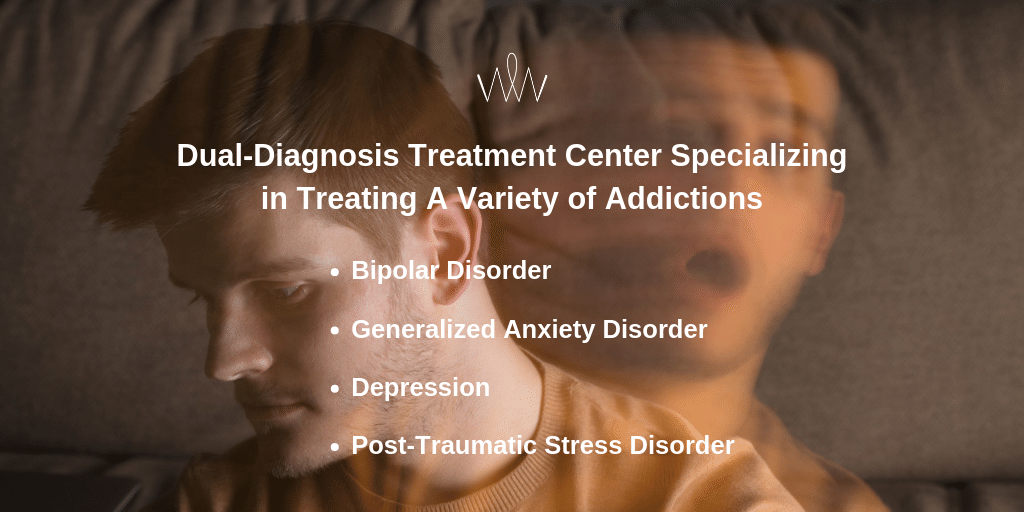Recovery and Individual Talk Therapy
Talk therapy is one of the most beneficial forms of healing for an addict. Through the process, recovering abusers will uncover issues that have been buried for a long time. Trained therapists help discover origins of drug or alcohol use, current feelings, traumatic experiences, reasons why they may have used drugs or alcohol as a means of escape, and how they feel they are handling their addiction today.
Therapists engage in therapeutic practices, which help clients, unleash unacknowledged feelings or suppressed thoughts. By confronting those issues head-on in therapy, the client may yell, scream, cry, or vent. Therapy is the place to let go of those heavy emotions. Therapists will often encourage the client to stay with it. Do not suppress tears. Express the feelings of anger that are rising up. Share how you feel, no matter how unpleasant or difficult it is. Tapping into those deep recesses are an important step in breaking the addiction. Understanding why an escape was needed, and how to live without using substances, are questions that will be asked and answered in recovery.
Cognitive Behavioral Therapy
Based on the addiction, therapists will use different treatment modalities. Cognitive Behavioral Therapy is a popular form of therapy used to help treat drug and alcohol addiction and a variety of other mental health ailments. Cognitive Behavioral Therapy (CBT) is extremely beneficial because it is adaptable in working with numerous issues.
Through its methodology, Cognitive Behavioral Therapy is an evidence-based approach, which seeks to reverse negative and harmful thinking. By working closely with the client, detrimental thoughts and behaviors get uncovered and brought to the surface. CBT uncovers childhood experiences, the first time they used drugs or alcohol, triggering events that may have lured them back to substances, and addiction cravings that they may have now.
Cognitive Behavioral Therapy helps the client work on a plan to reverse or stop self-defeating behaviors, thoughts, and actions because it will lead to sobriety. And clean and sober living is the ultimate goal for any recovering addict.
Recovery Questions to Ask Independently
During recovery, individuals will complete therapy on their own and in group settings (twelve-step meetings). Independent therapy is done alone with a therapist. Whether it is at a sober living facility or a therapist’s office, the environment is quiet and protected. Clients should feel comfortable asking questions and making the most of the one-on-one time.
Questions that addicts might ask during recovery are:
- How do I get rid of my depression?
- How do I get rid of my shame over the things I’ve done while I was hooked on drugs or alcohol?
- How do I begin to repair my damaged relationships with others?
- What activities can I do that will replace my addiction?
Dual Diagnosis
Recovering drug or alcohol abusers are often dual diagnosed, meaning that they suffer from a drug or alcohol addiction as well as another mental health illness, like anxiety or depression.
Studies from the National Institute of Mental Health state that depression affects almost fifteen million people in the nation and yet, “overall, only about half of those affected receive treatment.” Depression is also one of the leading causes of disability.
A dual diagnosis can be incredibly problematic because it makes the likelihood of maintaining sobriety much more difficult. Depression, like the urge to use drugs or alcohol, can be all-consuming, especially if it is a major depressive disorder. It can trigger addiction urges and the need to suppress negative or distorted feelings.
Depression and substance addiction is even more dangerous because of how strongly intertwined the two are. People suffering from depression may be at a higher risk of addiction due to depression’s neurological elements. Additionally, people suffering from drug and alcohol addiction may develop depression, which can impact brain chemistry. This makes breaking chemical dependency even harder.
Getting Rid of Shame
Shame is one of drug and alcohol addiction’s biggest root causes. If left unidentified, shame can be incredibly dangerous. In therapy, shame must be discussed. By doing so, you take away its power and its hold over you. If an addict’s inner shame goes unacknowledged, it can lead to relapse, but you must not let it. Actively sharing, asking questions, and listening in therapy are huge steps to help prevent a potential relapse.
Understand that your addiction does not define you. Your addiction was an experience you went through. Your addiction is part of your past and now recovery and healing is your future.
Sharing with Others and Ask Questions
Sharing your experiences through twelve-step meetings and among fellow peers (who are also recovering) is another big step towards healing. The place to be vulnerable, open, and honest is in recovery. Like in individual therapy, it is important to actively participate and listen. Sharing your emotions, struggles, and experiences with support groups is a way to achieve long lasting sobriety.
Also, listen to their stories and ask questions as well. You may find common experiences, recognize their way of thinking, and understand other reasons for using drugs or alcohol. This process can be reassuring, lead to deeper awareness and understanding, and make you feel less alone on your journey.
Like detox, which flushes the effects of drugs and alcohol from your body, therapy and talking with others gets rid of toxic emotions, negativity, self-blame, and self-sabotaging behaviors.
Sharing your past, your mistakes, and your worries about the road ahead will be understood among people in recovery. Peer support from sober living or from group therapy is a positive form of support. They understand the seriousness and unshakable quality of addiction. Turn to new trusted support systems during the process. They won’t judge your experiences, because they have experienced it themselves.
Call 1-855-815-9727 today. We will help you put an end to your addiction. Contact us with any questions about the program and one of our helpful staff members will provide you with the answers you need to get better.
[kkstarratings]Contact Us





